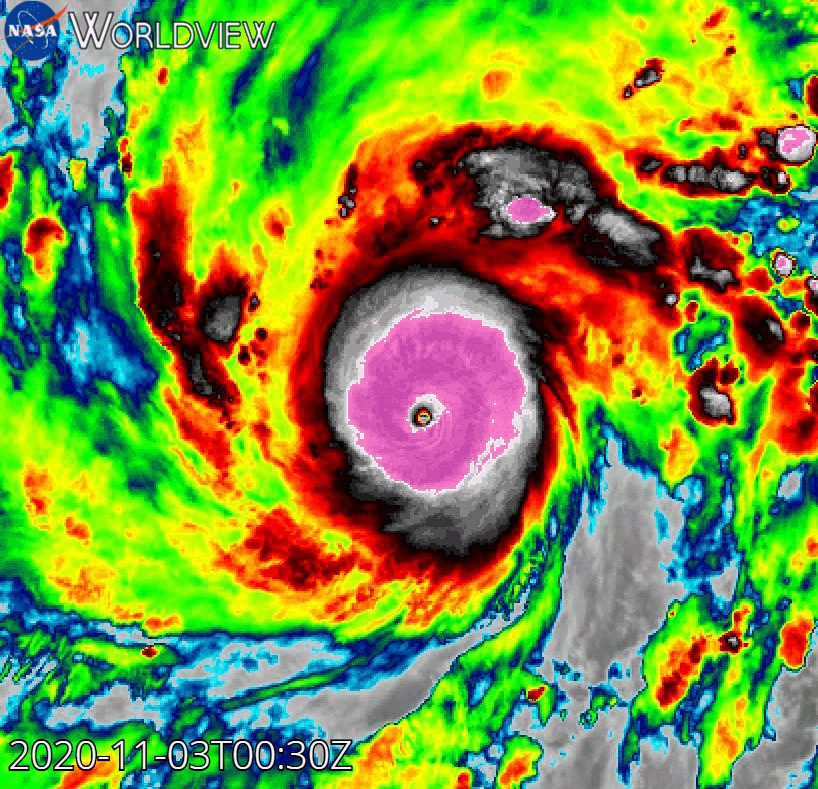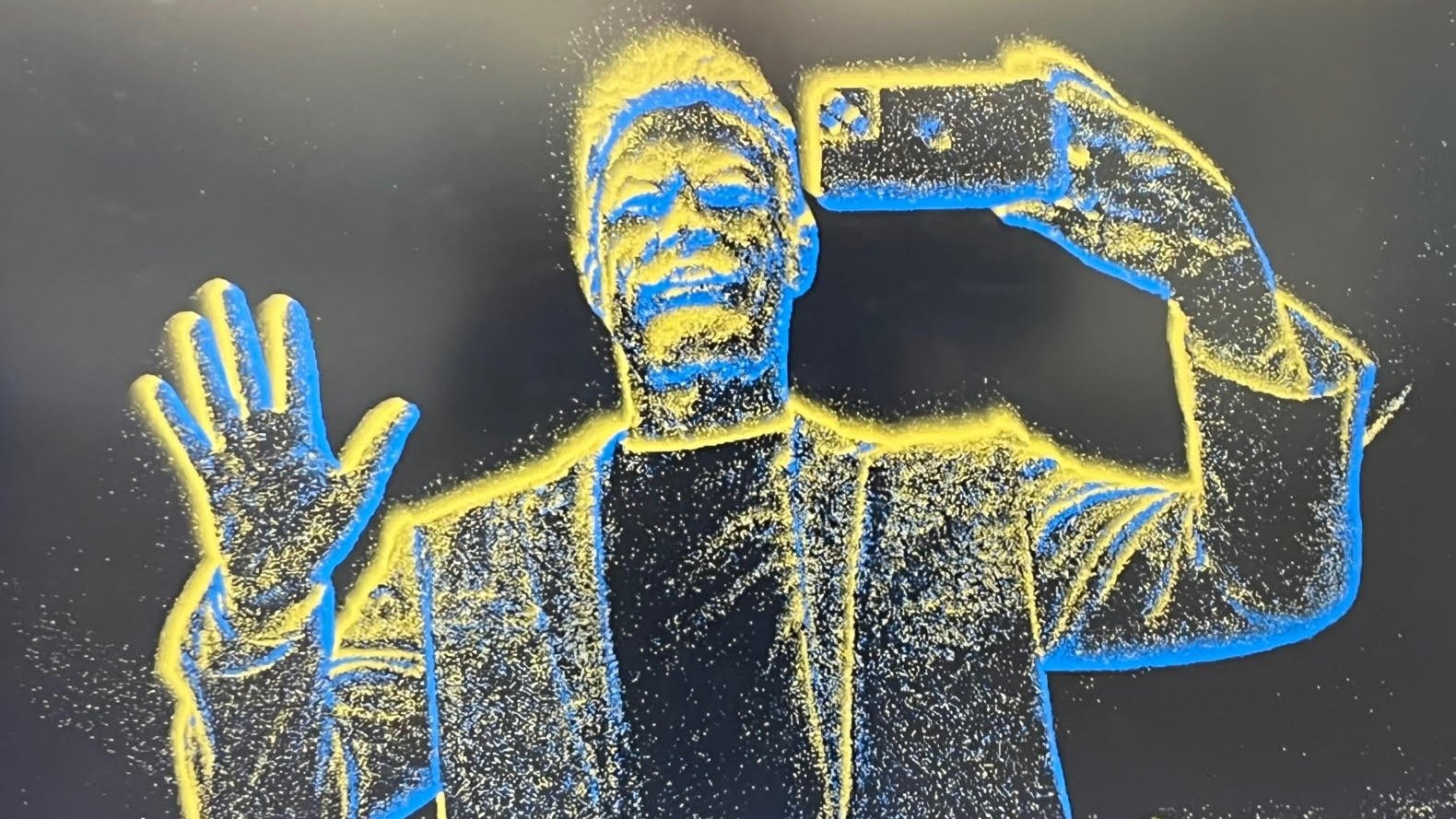George Church Interview Transcript
GEORGE CHURCH: two things I'd like to see happen, is affordable healthcare to get us up out of poverty, and then something that will solve the 90% of disease that will get us past our normal retirement age. If we extend life by 30 years, and we extend retirement by 30 years, then …
What's Next in CAR T-Cell Therapy?
The future of medicine is one where all cancers are either 100% curable or turned into manageable diseases. You’ve heard me tell the story in my keynotes for many years. Now it’s time for you to hear from one of the heroes of that story, Bruce Levine …
Bruce Levine Interview Transcript
BRUCE LEVINE: The dream is that we will have in vivo therapies of many types. We're going to have them soon with sickle cell disease and perhaps some other hemoglobinopathies … I think we'll see in vivo CAR T-cells, whether that's an autoimmune disease or blood cancers …
A.I. and the Future of Inequality
Will AI exacerbate inequality? Can we stop that from happening? As the world grapples with guardrails to protect us from future dangers of AI, I thought it timely to talk to an ethicist who has lived and breathed these challenges for decades. Enter, Wendell Wallach, Carnegie-Uehiro fellow at the Carnegie Council for Ethics in International Affairs …
WendEll Wallach Interview Transcript
WENDELL WALLACH: That's what really concerns people who see gender bias and racial bias and so forth: the ‘existential risk’ is sucking the air out of the room and it's not letting us address the near-term things that we could actually address. One of the things we could address is just making the bloody people who deploy these things accountable ...
Three New Frontiers In Cancer Medicine
The story of cancer medicine is multi-threaded. It’s a story of early detection, of surgical removal, of radio- and chemo-therapies, of understanding lifestyle factors, of sequencing and pinpointing genetic factors, and lately of immunotherapies, with each new weapon overlapping and complementing the others. Dr Ben Stanger and his team at the UPenn Perelman School of Medicine are working on 3 new entire armories …
Ben Stanger Interview Transcript
BEN STANGER: The biggest impact I think in cancer will come not from treating cancer, but from preventing it from happening in the first place. So there is an emerging concept out there now called cancer interception. It's subtly different from prevention …
Gene Editing to Prevent Heart Disease
We all know someone who has died of a heart attack. That’s because heart disease is the number one killer on our planet today. At a cutting-edge facility at the University of Pennsylvania, Dr Kiran Musunuru is developing something truly extraordinary, a ‘one and done’ gene therapy to reduce heart disease across ALL of humanity …
Kiran Musunuru Interview Transcript
KIRAN MUSUNURU: What if we could deploy those good mutations across the entire population? Basically what you're doing is you're shifting the entire bell curve [for heart disease]. There's still going to be people who are still at higher risk than the general average population, but they're much better off …
The Real Threat From A.I.
“I've never loved anyone the way I loved you,” Theodore Twombly tells Samantha, and Samantha, replies, “Me too. Now we know how.” It’s a soulful exchange from a beautiful movie – Her – and it leaves the viewer in no doubt that Theodore, played Joaquin Phoenix, is truly and deeply and go-to-sleep-dreamy, in love …
The Future of Insurance in a Warming World
Insurance companies must deal with the financial realities of climate change. They must make quantitative decisions and translate risks into dollars. They must do it for today’s impacts and predicted future impacts. And behind the insurance companies are the reinsurance companies who act as shock absorbers to the industry on a global scale …
Trent Thomson Interview Transcript
TRENT THOMSON: The frequency of those perils – wildfire, floods, storms – have gone up by about 450% over 30 years, for very large losses. And the severity of those events have gone up by 1,500%. And so, what's driving that? It's economic growth, it's the value of the assets. It's the urbanization, people wanting to live more in cities, around the world, and that concentration of risk ...
Neuromorphic Computing AND THE FUTURE OF A.I.
I’m calling neuromorphic computing the most important computer engineering research in the world, now and through the next 20 years. That’s right, more important than quantum computing (you heard it hear first!). Why? Because everything we want to do in the future of AI, everywhere we want to go long-term, is predicated on transitioning to …
Alexandre Marcireau Interview Transcript
ALEXANDRE MARCIREAU: So what really stands out I think for the brain is that it is a massively parallel 3D structure with those incredible connections. Part of the computation is in the very structure of the system. Ultimately, we'd like to build systems that are more like the brain …
Should we worry about Skynet?
It has become fashionable in recent times for doomsayers to talk of AI as an existential threat, by which they mean something akin to the malevolent Skynet system in The Terminator movie franchise that goes rogue and launches nukes to annihilate humanity. So, is such a nightmare a probable part of our future?
Exponential A.I.
We’ve barely scratched the surface of the AI opportunity. The horizons are expanding at warp speed. Each time we approach the limits of today’s AI, the next step-change will open up new layers of opportunity. Everywhere I look, every industry, every business, every job function, I come up with endless lists of useful AI applications to boost efficiency, save money and improve outcomes …
Innovating For A Better Future - With Dr Ken Dovey
Innovation is a deeply, deeply social phenomenon that requires many people to come along for the ride. It’s not easy! So, where to start? What are the principles? How to think about it? Dr Ken Dovey illuminates using a lifetime of collected lessons, stories and experiences. If you want to make the world a better place by building new products or services, or simply by creating better ways of doing things inside your organization, then this episode is for you!
Ken Dovey Interview Transcript
KEN DOVEY: So, what we identified was a political purpose. The economic purpose did not matter to these people. But it was the political purpose that really mattered. So, if this organization succeeded, the workers would be making a difference to all the people, particularly all the poor people, because there were many supplier organizations in that town too, who were employing people …
DIRECT AIR CAPTURE IS NOT OUR FUTURE
If we allocated EIGHT TIMES all the renewable energy in the world to Direct Air Carbon capture (DAC), we still WOULDN’T REDUCE CO2 BY A SINGLE MOLECULE; we would ONLY just be keeping up with new emissions …
WHY HYDROGEN IS A SMALLER PART OF OUR FUTURE THAN YOU THINK
I love hydrogen. It burns clean. It can power long-distance trucks and ferries. It offers long-haul aviation a pathway towards a (nearly) net-zero future, and it gives us a way to make our steel without burning all that coking coal. But lovely hydrogen can only ever be a SMALL part of our future. Here’s why …




















